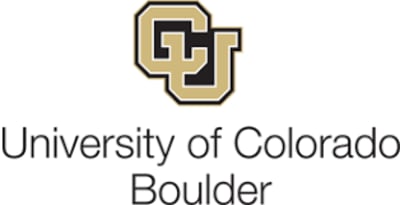
Labor and Employment Law
University of Colorado Boulder

Key Information
Campus location
Boulder, USA
Languages
English
Study format
Request info
Duration
Request info
Pace
Request info
Tuition fees
Request info
Application deadline
Request info
Earliest start date
Sep 2024
Scholarships
Explore scholarship opportunities to help fund your studies
Introduction
From a field once governed solely by the employment-at-will rule that employees have almost no rights against termination or any form of workplace treatment, labor and employment law has grown into one of the most substantial fields of federal litigation and regulation. Unionization and wage laws of the 1930s were followed by the race, sex, and age discrimination laws of the 1960s.
The 1990s and 2000s have seen expansion of those laws into new areas such as disability accommodation, family leave, genetic discrimination, and corporate whistleblowing. Today, labor and employment law cases “constitute an increasing fraction of the federal civil docket, now reigning as the largest single category of cases.” Kevin M. Clermont & Stewart J. Schwab, How Employment Discrimination Plaintiffs Fare in Federal Court, 1 J. Empirical Leg. Stud. 429, 429 (2004). Employment discrimination claims alone constitute nearly 10 percent of all federal litigation.
Colorado Law students enjoy a broad range of offerings in labor and employment law. The school offers “the big three” courses: Employment Law, Employment Discrimination, and Labor Law – annually. None is a prerequisite to any other, and none has a waitlist thanks to Colorado Law’s low student to faculty ratio.
English Language Requirements
Certify your English proficiency with the Duolingo English Test! The DET is a convenient, fast, and affordable online English test accepted by over 4,000 universities (like this one) around the world.